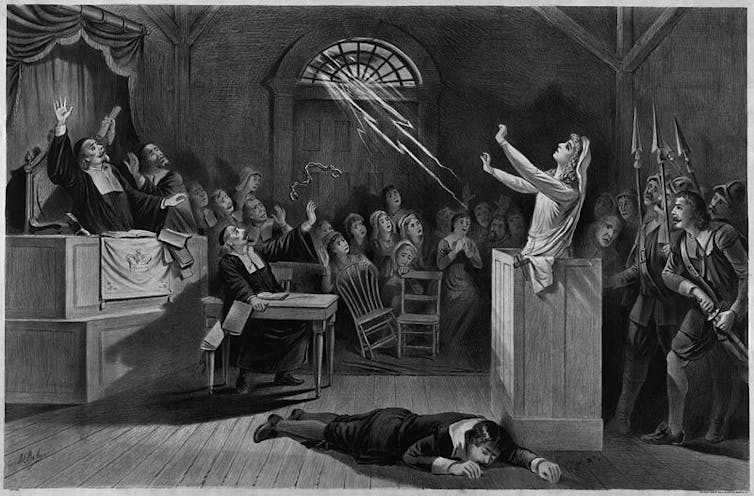Discouragement. Many of us feel this. Christians who say they haven't felt any form of discouragement in their pursuit of God are likely lying, or perhaps just got born again a few seconds before reading this. Seriously.
Common Problem
Discouragement has got to be one of the most common things Christians around the world are facing. What's discouragement? It's simply defined as "a feeling of having lost hope or confidence."
We can see it in the lives of many who leave their churches because they feel that certain Christians are "un-Christian." We can see it in the number of Christians who feel like they can't do great things for God because they "don't know what to do" or perhaps feel inferior to "that person on the stage." We can see it in the pastor's face when the church suffers from loss and he feels ill-equipped to handle it.
We see discouragement everywhere.
On a Personal Level
Many of us may hate to admit it, but we might feel discouraged right now. Perhaps, this is the reason why you opened this article – you're discouraged yourself. If you are discouraged, my friend, I want to encourage you. Remember these four words:
GOD'S NOT DONE YET
There might be no Bible verse that directly says that, but we see in the Bible that God isn't done yet. Christ hasn't returned yet. You aren't dead yet. You're still reading this article, and you're looking for a reason to keep going forward. That's why you clicked on the title of this post.
God's Not Done With You Just Yet
Friend, God's not done with you just yet. You might feel like you've blown it. You wasted your chance. You missed the opportunity. You feel like you won't be able to do great things anymore. And so you want to quit.
Friend, don't quit. Don't give up. Let me encourage you: If God's not done with you yet, then don't give up on yourself. If you can't believe that God can still use you, then believe in Him who died for you because He loves you (see John 3:16). He has great plans for you – plans that are way beyond your imagination. (see Jeremiah 29:11; Isaiah 55:8-9; 1 Corinthians 2:9)
Put your faith in Him, not in yourself. (see Philippians 3:3)
God has a proven track record of picking up discouraged, even dishonoured, people and turning them into glorious stories of His goodness.
• He turned Saul, a Christian-killer, into Paul, the apostle who lived and died for Christ.
• He took David's adulterous relationship with Bathsheba and used it to establish the lineage of Christ Jesus.
• He took Peter, a man who denied Christ, and turned him into a martyr who preached a Holy Spirit-powered message that led to the salvation of thousands.
• He took me and all my failures, saved me and loved me through Christ, and used me to write this message of hope for you.
I hope you don't forget that God's not done yet. Don't give up on Him who's not giving up on you.
Source"The godly may trip seven times, but they will get up again..." (Proverbs 24:16 NLT)






